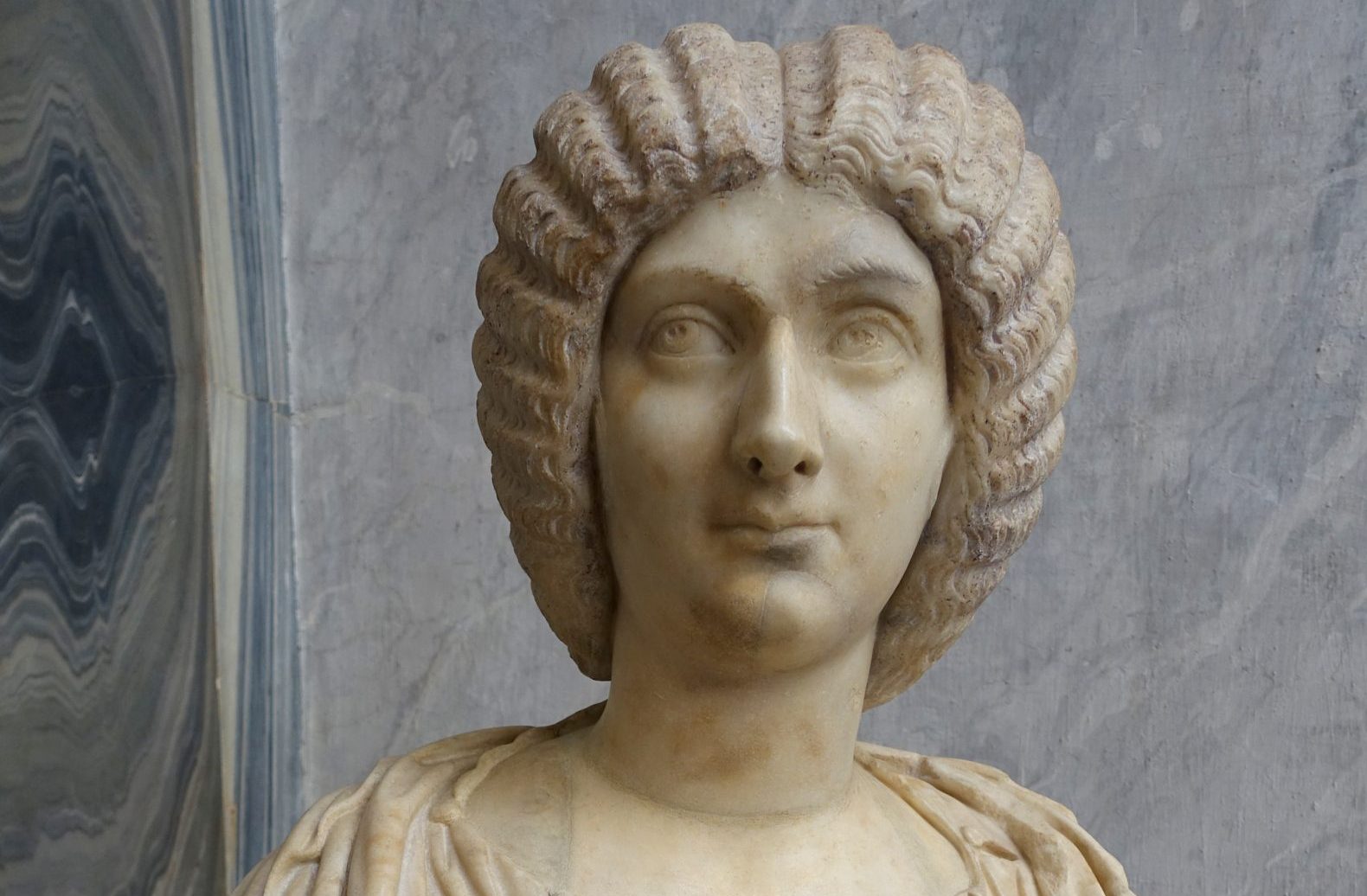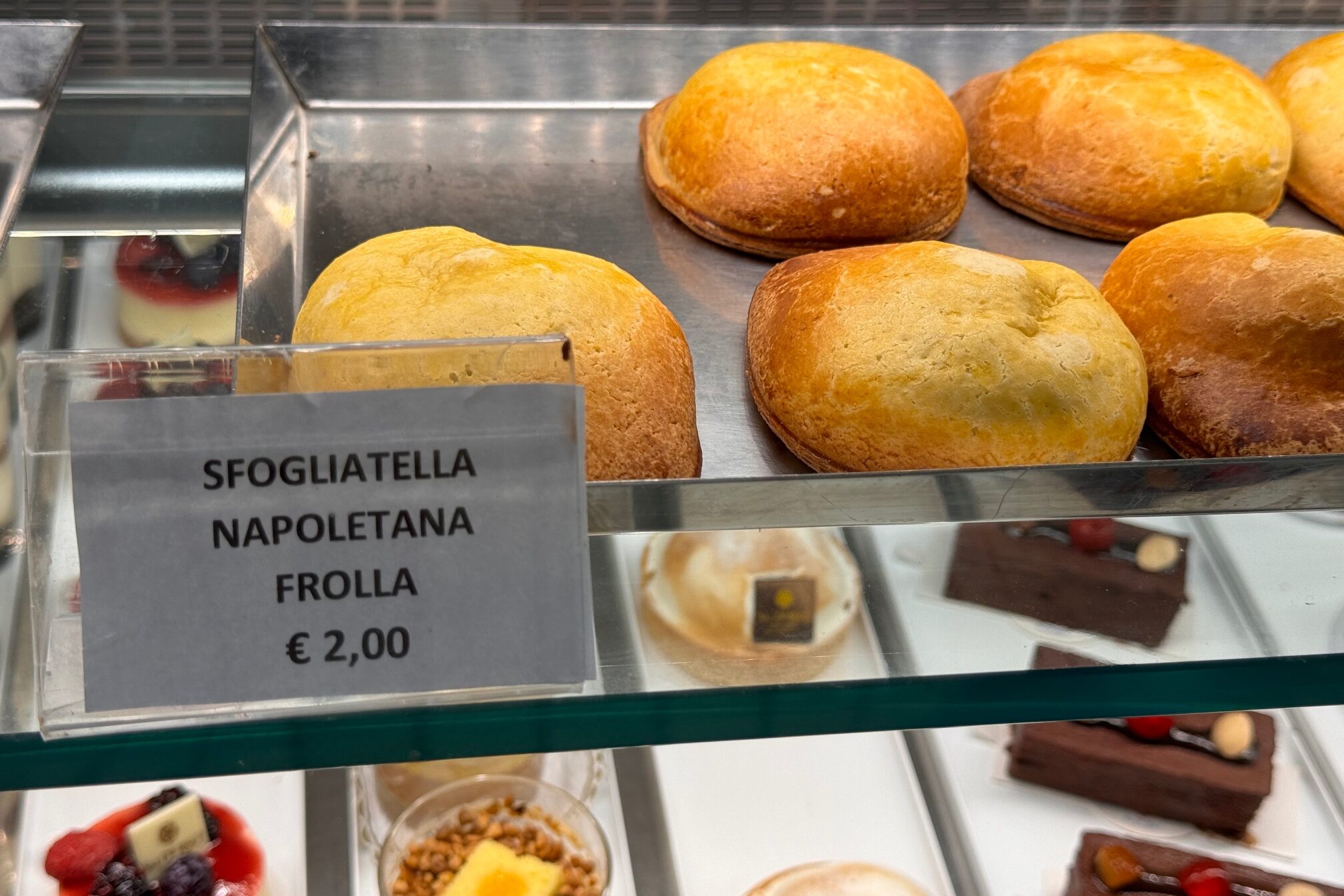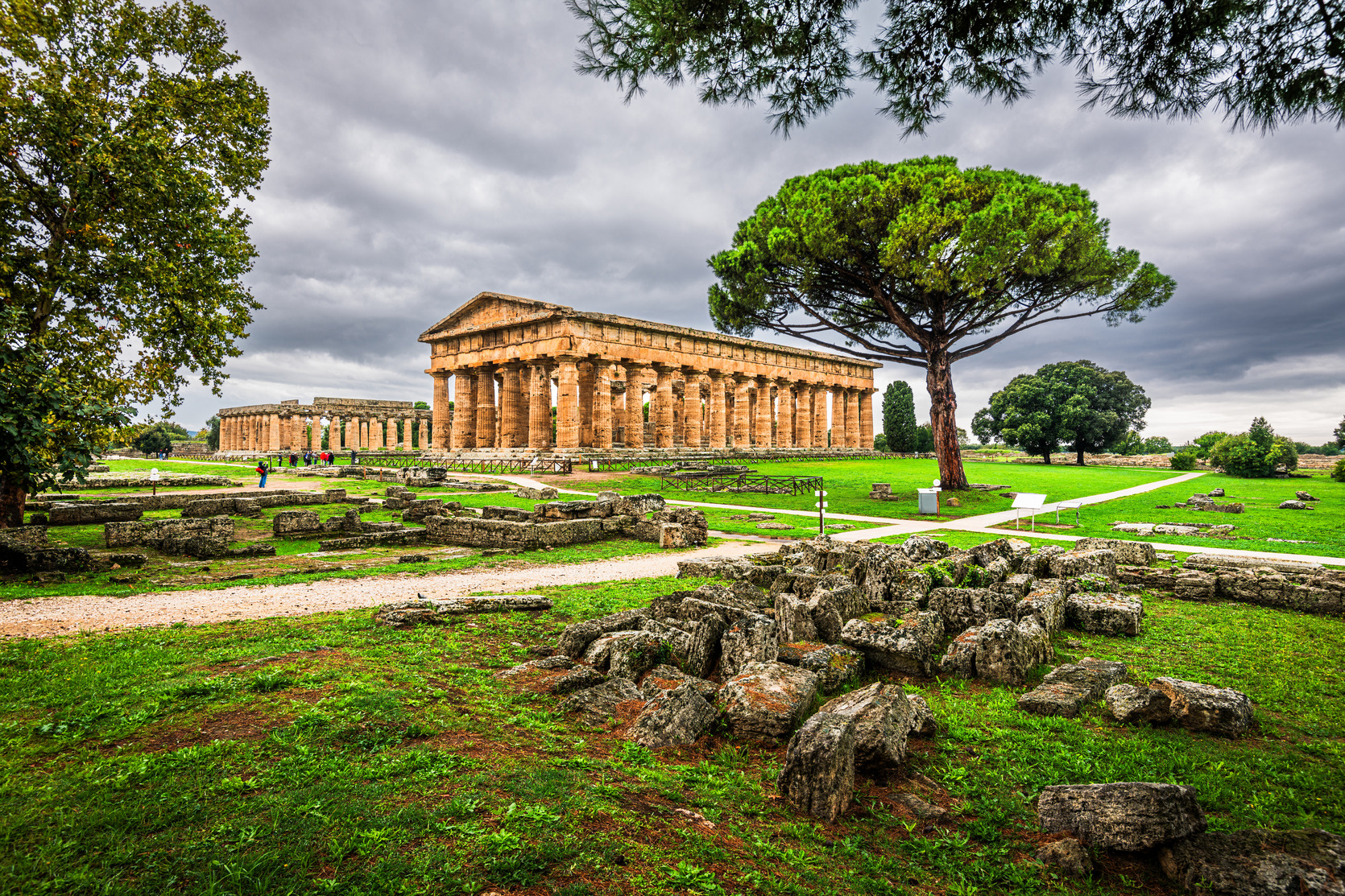The images and stories out of Syria that stem from the Arab Spring uprising in 2011 are both heart wrenching and painfully disturbing. Men, women and children have been displaced and forced into overcrowded refugee camps. The victims of the Syrian Civil War conflict, have been tortured, raped, and/or executed by a foe whose killing tactics are similar to those of the Middle Ages or Roman antiquity.
Everyday armed opposition groups battle to protect their territories or neighborhoods that have been destroyed by artillery weapons. “Enough, Enough,” cried a Syrian woman in Arabic while another screamed uncontrollably for the loss of her husband and eldest son. These women were from the city of Homs, the epicenter where the revolution started and the area where thousands have demonstrated against Syrian President Bashar al-Assad’s government.
Homs, now left in shambles, is Syria’s third largest city and historically has an interesting connection to Ancient Rome. It is where the shrewd, assertive and powerful Julia Domna, wife of Roman Emperor Septimius Severus and mother of Roman Emperor Caracalla, was born circa 170(?) CE, and her biography reads like a Hollywood script. During Julia Domna’s era, Homs was called Emesa, a coveted location for Ancient Rome because of its proximity to the Mediterranean Sea and its fertile valley next to the River Orontes.
Emesa in ancient times was known to be the base for those who worshiped the El-Gabal temple. El-Gabal (the etymology of El-Gabal is Aramaic for Sun God) was a sanctuary in the form of a conical black stone that some historians believe was actually a meteorite that became a religious symbol for locals. Julia Domna’s father, Gaius Julius Bassianus, was a high priest for the El-Gabal tem- ple and held a great deal of influence.
As a result of her father’s high position as a Priest-King, Julia and her sister, Julia Maesa had a privileged background and was raised under the philosophical teachings of Seneca and Plutarch. Both Roman philosophers claimed that women should be taught philosophy, science and mathematics. Seneca and Plutarch believed women should be educated because they would make better wives and managers of their households.
Julia Domna’s aristocratic upbringing and intellectual interest along with her great- uncle’s position as a Roman centurion allowed her to contin- ue to maintain her privileged lifestyle even when generations of Emesene Kings were dying out. Her wide range of interest and intelligence also influenced her to have political ambitions and leave an indelible mark in history, especially when she met and married Septimius Severus in 187 CE.
Septimius Severus served in the Roman Legion and moved up in rank where he was eventu- ally assigned to Syria as a com- manding officer of Legion IV . He served under Emperors Marcus Aurelius and Commodus, the latter saw him- self as the next Hercules and performed in several gladiatorial contests in the Coliseum.
Septimius was born in Leptis Magna near Tripoli, Libya where some of the best pre- served Roman ruins remain even today. Severus entered into the political arena because of Rome’s instability right after Commodus’ death in 193 CE; this period is known as the Year of the Five Emperors.
Severus fought many of his rivals who also wanted to pro- cure the title of Emperor. He eventually was given full support by the Roman Senate and became Rome’s Emperor in 193 CE. Historians purport that Julia played an important role in getting her husband the right alliances he needed by befriend- ing many of the Senators wives and persuading other key political figures of that period.
Septimius Severus and Julian Domna created the Severan Dynasty from 193 CE to 235 CE. An analogy could be made between the Severan couple and the Clintons. Emperor Severus and former President Bill Clinton had strong political ambitions but had to overcome obstacles in their pursuit for power. This was achieved by their equally ambitious and shrewd wives whose motivations were also supported by leading governments.
Unlike Hilary Clinton’s quest for public service and Presidential aspirations, however, Roman women could not be elected to the Imperial throne. Julia Domna, nonetheless, planned to circumvent this patriarchal system by making sure she would achieve her political ambitions not only through her husband who was about eighteen years her senior but through her two sons, Lucius Septimius Bassianus (nicknamed Caracalla) and Publius Septimius Geta.
She was determined to be remembered for more than her popular hairstyle known as a “helmet-like coiffure” that can be viewed in her coinage or sculptures. Through her methodical planning and fore- sight she molded the political careers of her two sons named Caesars. When Septimius died in 211 CE, some reports suggest she became the de facto leader until she was able to solidify her sons to be the successors of their father. She used her title Empress and Mater Augustorum (Mother of Augusti) to maintain her influence in government. Although her strategy succeed- ed, Julia Domna’s vision was shattered by her son Emperor Caracalla.
Caracalla and his brother Geta had a very tumultuous relationship that not even their domineering and forceful moth- er could control. Caracalla was very jealous of his brother and did not want to share his power with Geta. One night while pre- tending to patch things up with his brother, he accepted his mother’s advice and invited his brother to his palace. His ruse surfaced later on in the evening when he ordered his Praetorian Guard to kill his brother in front of his mother; supposedly he died in her arms.
Julia Domna was distraught inside and for the first time in her life felt powerless. While Caracalla was off conducting military campaigns, she was sobbing inside but her exterior especially in public was stoic and she continued to manage a great deal of administrative duties even after having wit- nessed her son’s murder. Julia Domna’s dreams of continuing to lead were completely shat- tered again by Caracalla’s self- destructive behavior.
Caracalla had a quarrel with his most loyal and trustworthy men, and was murdered by them while he relieved himself in the woods. Upon hearing the news, Julia Domna had no more fight left inside. Her alliances no longer supported her and she committed suicide. Today Julia Domna’s legacy is relatively unknown but her unique and tragic narrative, in some ways, reflects Syria’s glorious past and destructive present.






























